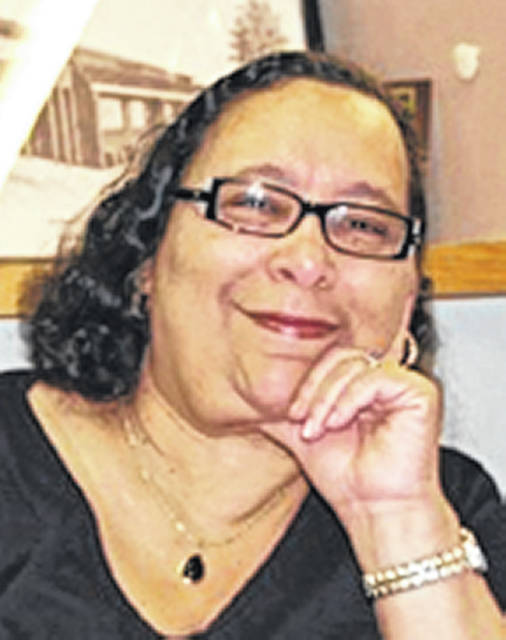
Being a woman of a certain age I can remember the embryonic efforts of the modern feminist movement well. Feminism in its early days of defining itself was almost exclusively for white women. This was congruent with the schism that occurred in a once combined coalition to fight for women’s rights. In a nutshell some of leaders of the early fight for women’s rights who had originally partnered with Frederick Douglass and W.E.B. DuBois decided that black men having been legally, if not actually, given the vote, via the 15th Amendment, had hopscotched over white women and that linking white women’s rights with black rights was not going to help the white women.
This early decision would set the stage for much of the later feminist movement, unfortunately in many ways carrying on to the present day. It is difficult sometimes for current white feminists to understand that most women of color cannot separate racial justice from feminism.
In the 1960s and 1970s the Woman’s Movement, in many ways riding the coattails of the Civil Rights Movement, began to organize, develop a philosophy, and garner media attention. There have been success in some areas. Yet, the word feminism is sometimes associated with negativity. When I talk to groups of young women I often ask them to raise their hands if they consider themselves feminists. Few hands usually go up. I then begin to list some of the tenets of feminism and ask them to raise their hands if they agree with each one. Almost all hands go up.
The early Movement, however, did not resonate with many or even most women of color. One of the primary issues raised was the woman’s right to work outside the home. Since most black women had been working outside of their own homes, many of them in the white women’s homes who were complaining, this did not garner much support in the black community. The linkage of feminism and Critical Race Theory helped expedite black feminism and now there is a great body of scholarship about how it is similar to and different from white feminism.
The exception that is being taken recently with feminism is its historic elitism. With the rise of the black middle class following the Civil Rights Movement there were black women who could relate to the difficulty of “having it all.” The fact of the matter is, however, that what has been considered having it all has been defined primarily by upper and middle class white women. A lucrative, challenging career, intelligent, well-cared for children, a gorgeous home, a loving husband or perhaps wife and a vibrant social life are all elements of having it all. The fact that some of those things are out of the reach of any female of any race from a background that does not include privilege and wealth seems to have been ignored. In the revered American belief in the Myth of the Meritocracy, only this time dressed up in a dress, as long as you are sufficiently driven, confident and savvy you can have it all.
I have led a privileged life, particularly for a black woman, although I have never been what I considered wealthy I certainly have had other privilege, from being light-skinned to having a stable nuclear family that valued education both growing up and of my own. Because of my privilege, and not without personal effort, of course, I have managed to just about have it all, although not necessarily at the same time. But nobody said that it was going to be easy. We can do it all, have it all and be it all, we are women.


